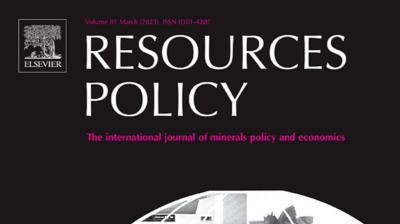Land tenure and mining in Tanzania.
This study is commissioned by the World Bank as part of the bank's initiative to build capacity in governance and benefit streams management in selected African and Asian countries. The study is a desk study of the various land and mining legislations in Tanzania and other relevant literature, and is complementing case studies of all together six mining operations in Botswana, Namibia, Mali and Tanzania that were conducted by CMI researchers and their partners in 2004 (Isaksen and Okatch, 2004; Jul-Larsen et al., 2006; Lange, 2006).
The main challenge with the current legislations in Tanzania is that there was little or no coordination between the lawmakers at the time when the Land Act and the Mining Act were drafted in the late 1990s. The Village Land Act goes far in providing ordinary people with customary rights to land - but since there has been no surveying or registration, these rights are fluent and unclear. Moreover, since all land is under the president/state, people don't own land, but have use rights. In cases where the government needs the land for "development purposes" like mining, the law allows the government to order people to move. According to the law, occupants of the land will be paid compensation for the investment/work that they have done on the land, but not for the land itself.
In short, land rights are only valid for surface land, while rights to minerals are secured through prospecting and mining licenses. This means that mining licenses are often given for areas of land where people live and have customary rights to the land. The report describes conflicts where farmers have been relocated with little or no compensation. In some cases, people with customary rights have mined, with or without mining licenses. Many of the conflicts that have come up since Tanzania opened up for foreign investment in the mining sector concerns artisan miners who protest against foreign mining companies being given mining rights to areas that they claim to have discovered themselves and which they have obtained mining licenses for in the past (mining licenses are limited in time and the authorities may simply refuse to renew them in the case when an international company expresses interest).
A revised version of the report will be published in an international journal and the report is therefore not available on the net.


